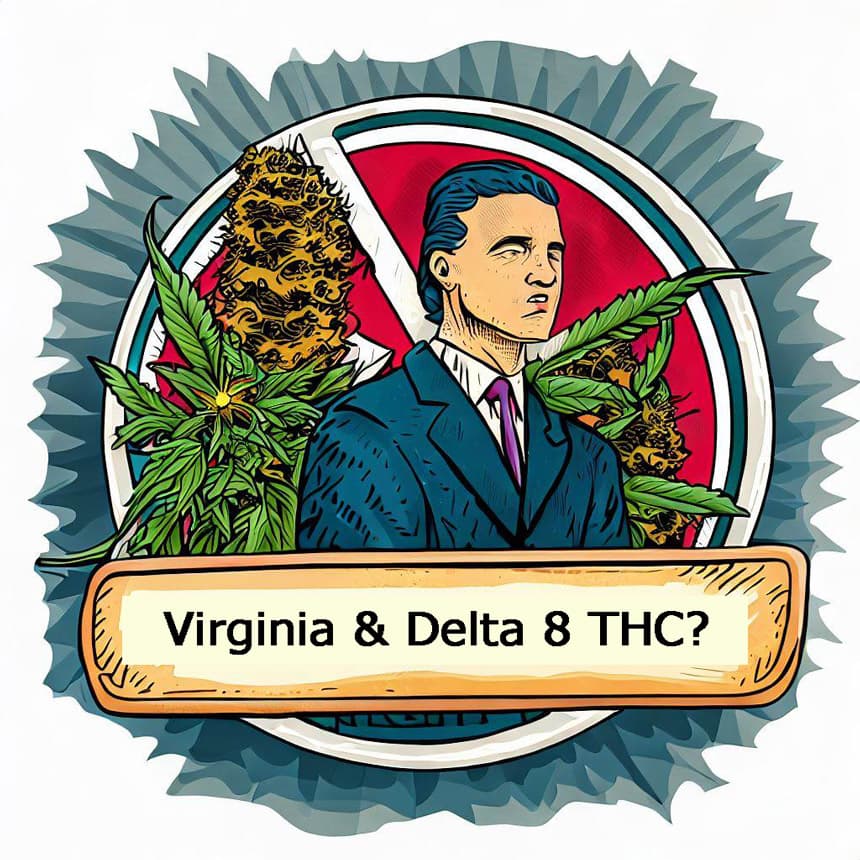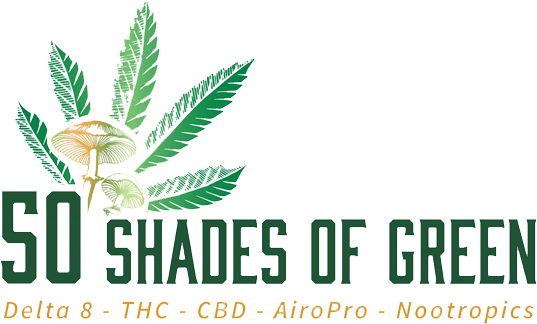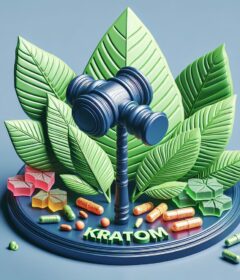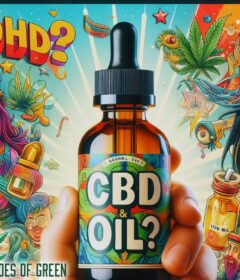Virginia Delta 8 Ban and Restrictions Pending

Virginia Delta 8 ban progresses, as the General Assembly of Virginia has passed legislation requiring retailers in the state to remove specific intoxicating hemp products from their shelves. However, before these regulations can take effect on July 1, the bill needs to be signed by Governor Glenn Youngkin.
Amendments for CBD Products
Governor Youngkin has proposed amendments to the legislation, allowing the sale of full-spectrum CBD products. These changes were made in response to concerns raised by the mother of an epilepsy patient and the hemp industry.
Controversial Loopholes
Despite the amendments, some Democrats argue that the revised rules still contain loopholes that could lead to the production and sale of dangerous new products. Representatives from the hemp industry have also expressed concerns, predicting that these regulations may result in lawsuits after the Virginia Delta 8 ban to remove intoxicating hemp products.
The bill awaits Governor Youngkin’s signature before becoming law on July 1.
Safety Measures Introduced
Republican Senator Emmett Hanger, speaking on the Senate floor, defended Governor Youngkin’s amendments, stating that they effectively address safety concerns associated with unregulated hemp products. Hanger emphasized the importance of allowing the sale of full-spectrum products, which contain trace amounts of THC.
Rum Cake and Cannabis?
To illustrate his point, Senator Hanger compared his late Aunt Bessie’s famous rum cake. He explained that just as the cake wouldn’t intoxicate due to the presence of other ingredients besides rum, full-spectrum products with minimal THC content are also unlikely to cause intoxication.
Industry Concerns
However, Jason Amatucci, executive director of the Virginia Industrial Hemp Coalition, has raised objections, arguing that the new rules would ban certain full-spectrum products such as hemp gummies and vapes. Amatucci claims that these regulations violate the 2018 U.S. Farm Bill and could lead to job losses in the industry. He anticipates legal challenges against the restrictions, noting the ripple effect of a Virginia Delta 8 ban for suffering, small businesses and states trying to following their lead.
Public Health Impact
Supporters of the legislation highlight the rising number of emergency room visits and poison control calls attributed to the ingestion of hemp products. These incidents have raised concerns about consumer safety and the need for regulatory measures. Proponents argue that restricting intoxicating hemp products will help reduce these risks and safeguard public health.
Civil Penalties
The legislation, initially proposed by Senator Hanger and Delegate Terry Kilgore, introduces civil penalties of $10,000 for manufacturing or selling hemp products containing more than 0.3% THC or exceeding 2 milligrams of THC per package. This measure aims to address the rise in emergency room visits and poison control calls related to the consumption of these products.
Governor’s Modifications
Governor Youngkin has made additional modifications to the bill in reaction to the worry raised by the hemp industry. His amendments eliminate the requirement to add a bittering agent to the products and allow products to exceed the THC limit as long as they maintain a 25:1 CBD-to-THC ratio. These modifications balance consumer safety and support the hemp industry’s growth.
Legislative Deliberations
The bill’s passing was foregone by comprehensive considerations within the General Assembly. Lawmakers engaged in debates regarding the potential impact of the legislation on both public health and the hemp industry. Various stakeholders, including medical professionals, law enforcement agencies, and representatives from the hemp industry, provided their input during committee hearings and public forums.
Ensuring Compliance
Once the Virginia Delta 8 ban legislation comes into effect, retailers in Virginia must remove intoxicating hemp products, such as delta-8 and delta-10, from their shelves. The state government will establish mechanisms to monitor compliance and enforce violation penalties. Inspections, product testing, and collaboration with law enforcement agencies may be employed to ensure that retailers adhere to the new regulations. Additionally, educational campaigns and outreach efforts may inform retailers and consumers about the changes and the importance of complying with the law. All of these changes follow the DEA’s conclusion that synthetic cannabinoids, such as THC-O gummies, should be classified as a controlled substances.
Implications for the Hemp Industry
The hemp industry in Virginia has experienced significant growth in recent years, fueled by the passage of the federal Farm Bill. However, introducing restrictions on certain hemp products has raised concerns among industry stakeholders. Some argue that the regulations could stifle innovation and hinder the industry’s progress.
Advocates of the Virginia Delta 8 ban, which would also ban an array of other beneficial cannabinoids, assert that the restrictions are necessary to safeguard public health and prevent the proliferation of potentially harmful products. They believe the hemp industry can thrive while maintaining consumer safety by establishing clear guidelines and standards.
Economic Impact of Virginia Delta 8 Ban
Implementing the legislation may have economic implications for retailers and the hemp industry. Retailers carrying intoxicating hemp products must adjust their inventory and find alternative products to offer to their customers. This shift in product offerings could impact their revenue and require them to seek new suppliers.
For the hemp industry, introducing regulations may necessitate changes in production processes and product formulations to comply with the new standards. This could lead to additional costs for manufacturers and potential job cuts, as some products may be prohibited under the new rules.
Legal Challenges and Future Outlook
The passage of the legislation has already sparked debates and differing interpretations of its implications. Jason Amatucci’s prediction of potential lawsuits challenging the regulations reflects the contentious nature of the issue. The outcome of such legal battles will likely shape the future landscape of hemp regulation in Virginia.
Moreover, the ongoing discussions surrounding the legalization of recreational cannabis sales in the state add another layer of complexity to the hemp industry’s future. While Virginia Republicans have historically opposed such measures, public opinion and attitudes toward cannabis continue to evolve. The stance of Governor Glenn Youngkin and future administrations will undoubtedly impact the trajectory of cannabis-related policies in the state.
Virginia Delta 8 Ban – Businesses & Consumers Worry
As Virginia moves towards implementing regulations on intoxicating hemp products, the state aims to strike an equilibrium between protecting public health and sustaining the hemp industry with countless jobs. The bill’s passage, pending Governor Youngkin’s signature, marks a significant step in regulating the hemp market. The implications of these regulations will unfold in the coming months as stakeholders navigate compliance, economic adjustments, and potential legal challenges.






